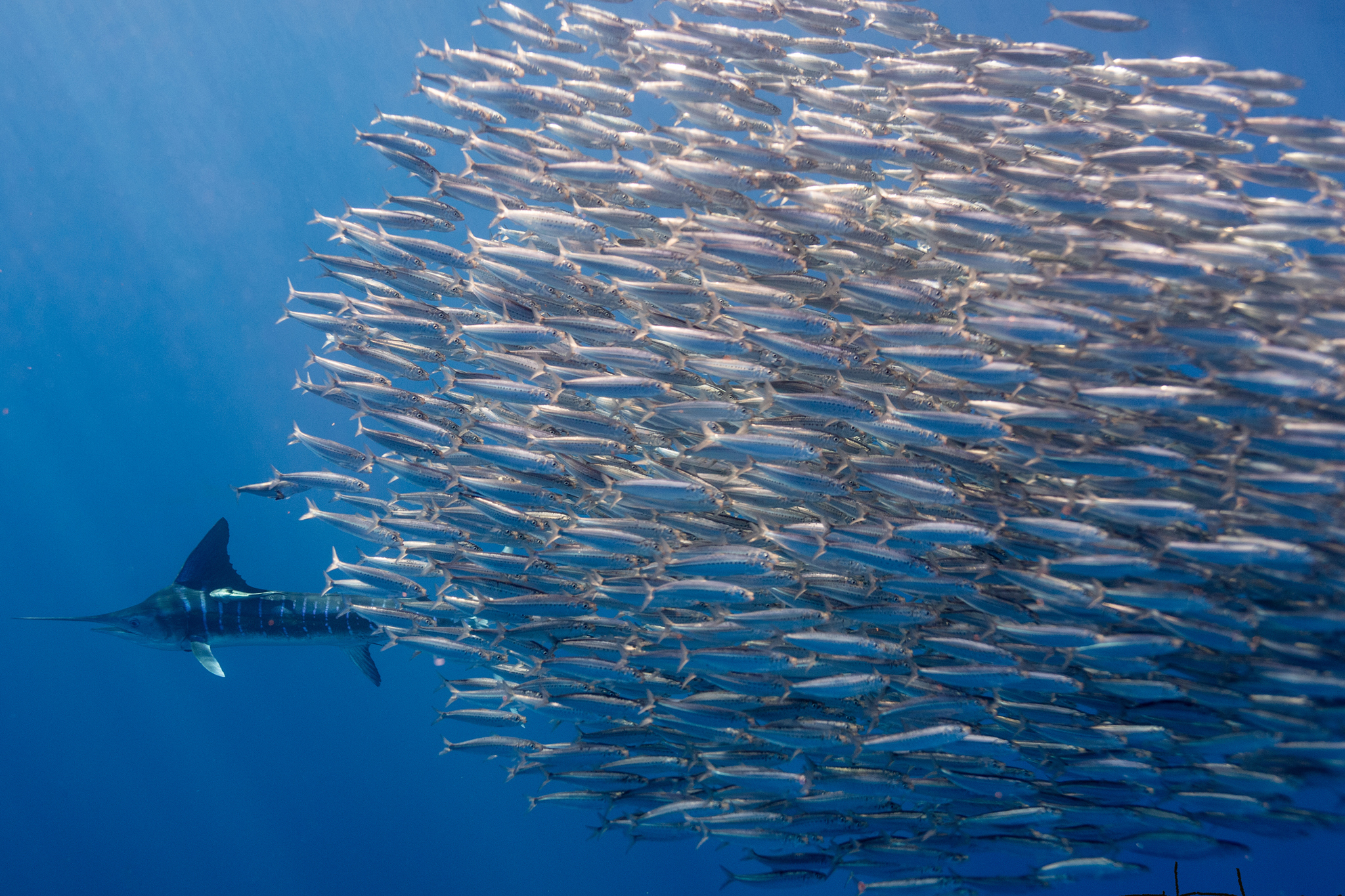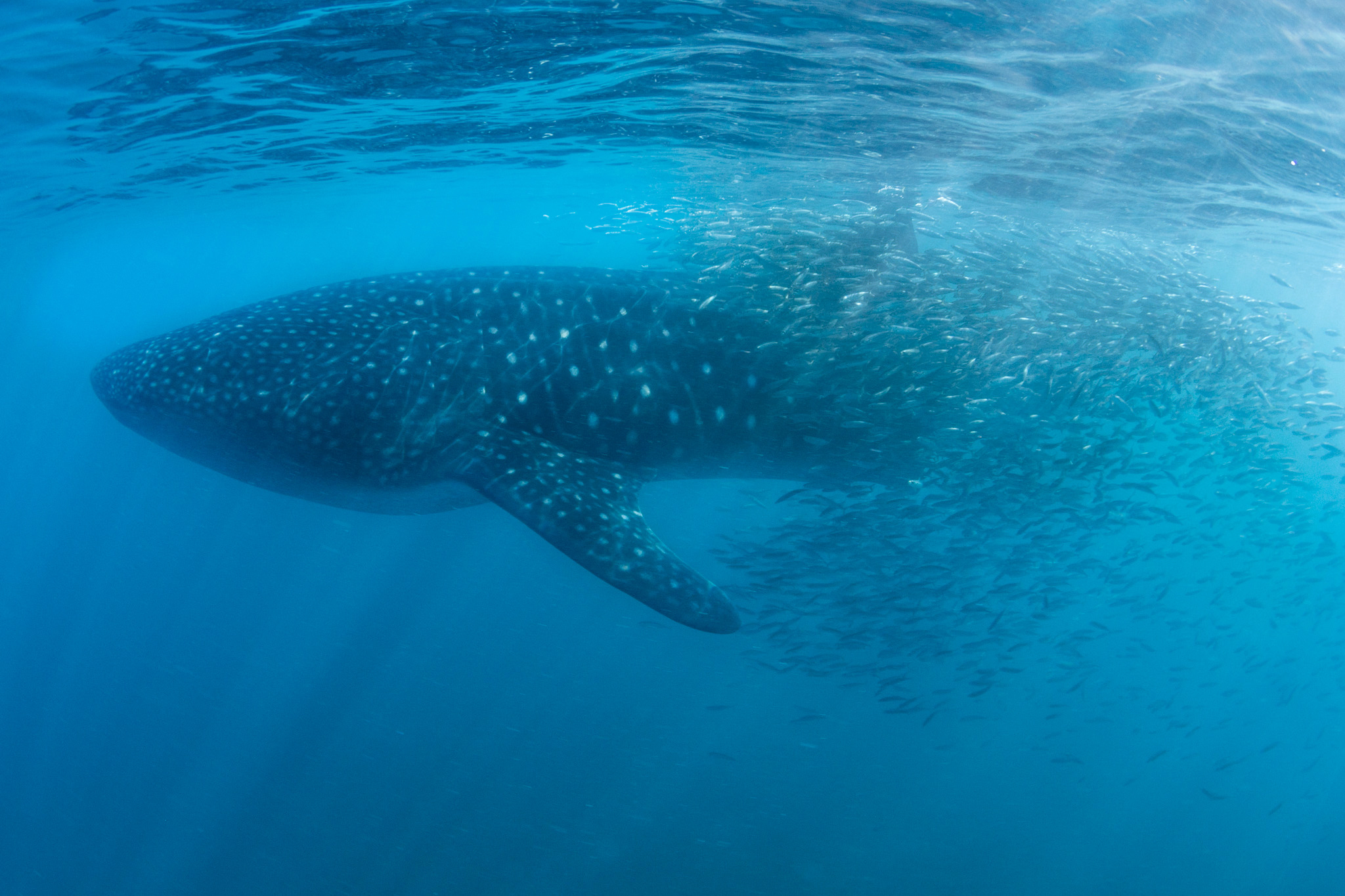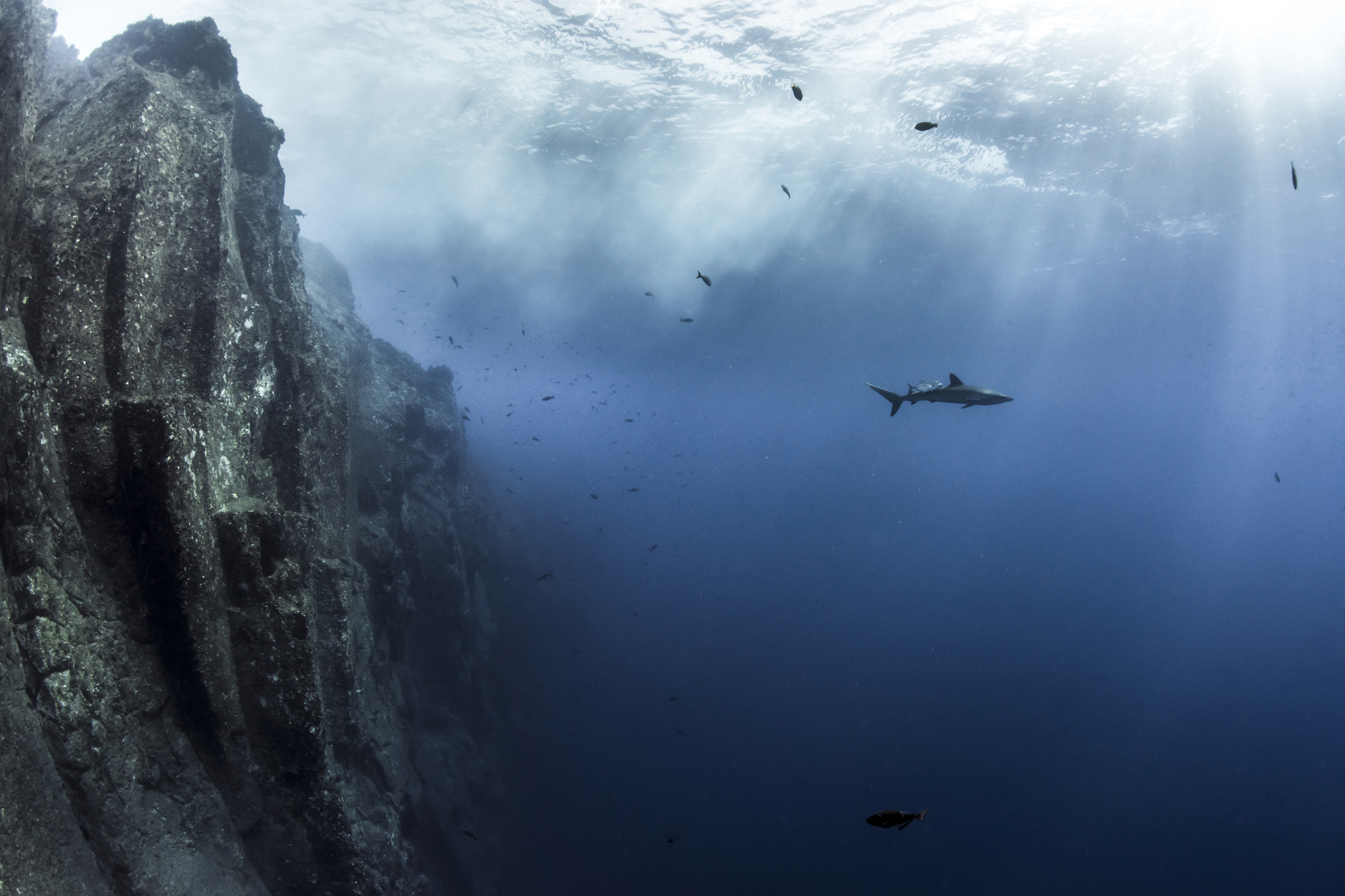From the bottom of the sea to the top of the mountains, we need the ocean for life on earth as we know it.
Looking out at the ocean onboard our maxi-trimaran, Sails of Change, I feel a sincere respect and deep connection to the ocean. And this connection isn’t just sentimental, it’s real and I believe true for all of humanity. From the bottom of the sea to the top of the mountains, we need the ocean for life on earth as we know it.
I’ve been learning about the ocean all my life, inspired by mentors like Her Deepness, the esteemed Dr. Sylvia Earle, environmental advocates and marine scientists around the world. And the science shows us that a healthy ocean relies on us not only safeguarding vast areas of the ocean, and achieving the goal to protect at least 30% of the ocean by 2030, but also making sure this protection is meaningful.
It feels like both a long and a short time since I last sailed around the world in the winter of 2015 to 2016. A long time, because it has taken years to raise awareness globally. That a healthy ocean gives us oxygen and food, and livelihoods, while at the same time, helping us to mitigate climate change. That we need to create huge, fully or highly protected areas of the ocean to keep it healthy. That we need to choose the right ecosystems to protect, to conserve biodiversity hotspots teeming with life. That we need to be rigorous with monitoring and enforcement of those reserves, while at the same time, respecting the essential rights and roles of Indigenous people and local communities in conservation. And it feels like a short time, because in conservation terms, it is urgent that we re-connect with the ocean and act now to protect its health and our future.
The COVID-19 pandemic made many of us think about what we could do better, how we could make our planet somewhere that our children and grandchildren and future generations can live in, be healthy, and enjoy. It is time to build back better. I believe it is also time for us to re-connect. With ourselves, with nature.
And perhaps thoughts of the future are what inspired Ecuador, Colombia, Costa Rica and Panama, four Latin American countries who have recently shown leadership to others around the world. They have dared to make connections between their governments, between the science and the policy, and above all, between their marine protected areas. At the COP 26 in Glasgow, they announced their intention to create a large Eastern Tropical Pacific Marine Ocean Highway, connecting their national marine protected areas (MPAs) and increasing the area of the ocean protected, making a safe haven for some of the world’s richest ocean biodiversity and the migratory routes of key marine species.
In October 2021, Mexico’s Revillagigedo National Park joined the Eastern Tropical Pacific Marine Corridor (CMAR), a non-binding initiative for the conservation and sustainable use of marine biodiversity in the region, which was established in 2004. In recent years, with Pew Bertarelli Ocean Legacy I have had the honor to engage with and support local partners in the region to encourage their work for the creation, management and connectivity of MPAs, such as Beta Diversidad, MigraMar and Coalition for the Defense of the Seas of Mexico (CODEMAR) amongst others, as well as members of the governments of Ecuador, Colombia and Costa Rica, and of Mexico. Mexico created the Revillagigedo Archipelago National Marine Park in 2017, its largest marine reserve, which protects a huge variety of marine life and is another critical waypoint for migratory species in the Pacific Ocean. At COP 26, the President of Ecuador also announced an expansion of the Galapagos marine reserve, and the President of Colombia announced the country would more than double the marine zones protected.
These initiatives and others around the world give me hope that governments indeed have the political will to act not only unilaterally but also regionally to make ocean protection to reality.
On my visits to this region, as elsewhere, I am awestruck by the incredible beauty of nature, and motivated all the more to work to protect nature and biodiversity in all its forms, on land and in the ocean.
Just as I hope I will never lose this sense of wonder at the beauty of nature, I feel it is incredibly important that we continue to advance the science we need to better understand the ocean, and deliver on our responsibility towards young people and schoolchildren, to keep the ocean and our planet healthy.
As I write this, I am preparing to attempt another circumnavigation of the world, and throughout our journey, I hope to shine a light on why we need to ensure nature is protected and re-connected, in order to restore balance in humanity’s, in our, relationship with nature.
Sobre el autor
Dona Bertarelli is an ocean advocate, and the fastest woman to sail around the world. She is also the Special Adviser for the Blue Economy to UNCTAD and a Patron of Nature of the IUCN. Through the Bertarelli Foundation, she partnered with The Pew Charitable Trusts to create Pew Bertarelli Ocean Legacy in 2017. She founded Sails of Change with her children, and husband, Yann Guichard in 2021, and in the same year, launched Global Fishing Watch Marine Manager to help with management, monitoring and enforcement of existing reserves, and support efforts to create new reserves and expand existing ones.
























































































































































































































































































































































































































































































































































































































































































































































































































































































































































































































































































































































































































